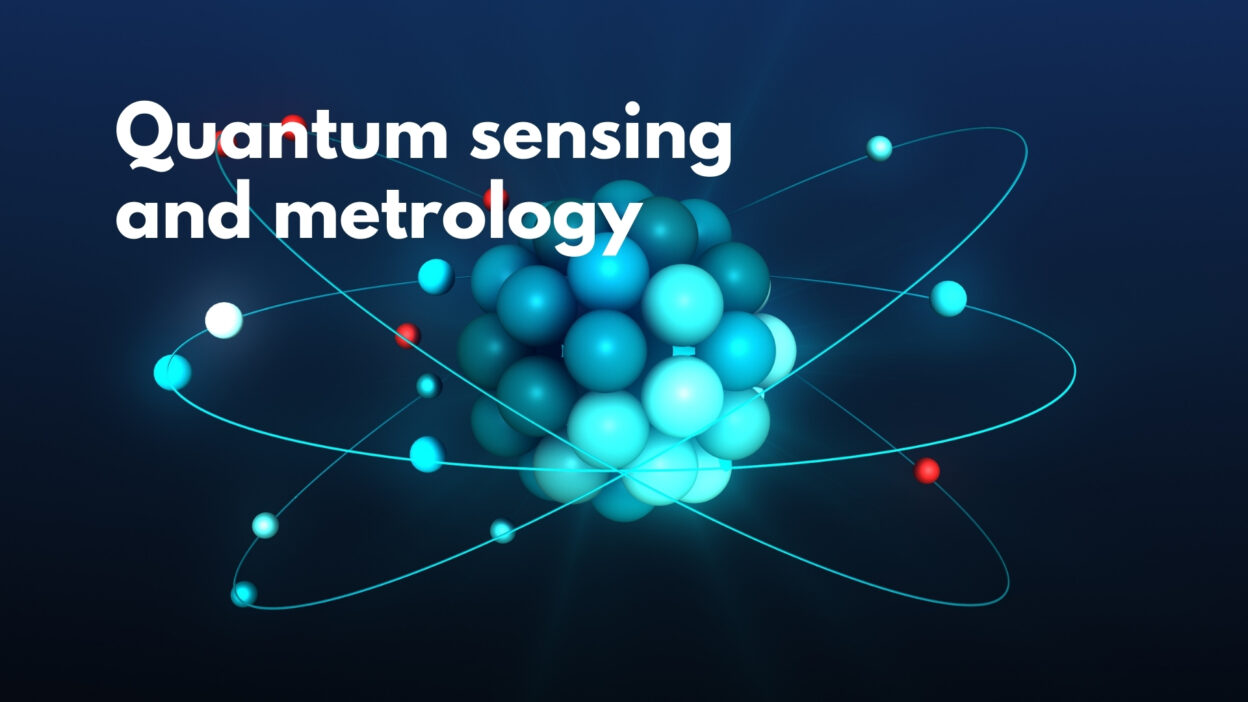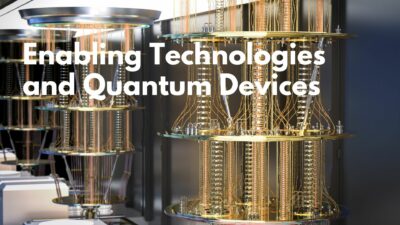Researchers at JILA, a joint institute of NIST and the University of Colorado Boulder, have developed a new strontium atomic clock that surpasses the accuracy of the current U.S. time standard based on cesium atoms. The JILA strontium clock, described in the Feb. 14 issue of Science Express, is now the world’s most accurate atomic clock based on neutral atoms, more than twice as accurate as the NIST-F1 standard cesium clock.
The new clock, based on thousands of strontium atoms trapped in grids of laser light, would neither gain nor lose a second in more than 200 million years, compared to NIST F-1’s current accuracy of over 80 million years. The advance was made possible by Boulder’s critical mass of state-of-the-art timekeeping equipment and expertise.
The JILA strontium clock was evaluated by remotely comparing it to a third NIST atomic clock, an experimental model based on neutral calcium atoms. The best clocks can be precisely evaluated by comparing them to other nearby clocks with similar performance; very long-distance signal transfer, such as by satellite, is too unstable for practical, reliable comparisons of the new generation of clocks.
In the latest experiment, signals from the two clocks were compared via a 3.5-kilometer underground fiber-optic cable. The strontium and calcium clocks rely on the use of optical light, which has higher frequencies than the microwaves used in NIST-F1. Because the frequencies are higher, the clocks divide time into smaller units, offering record precision.
The work reported in Science Express is the first optical atomic clock comparison over kilometer-scale urban distances, an important step for worldwide development of future standards. NIST and JILA are home to optical clocks based on a variety of atoms, including strontium, calcium, mercury, aluminum, and ytterbium, each offering different advantages.
Source: https://www.nist.gov/node/1732346
Keywords: Atomic clock, Optical lattice, Strontium, Precision measurement, Quantum metrology


